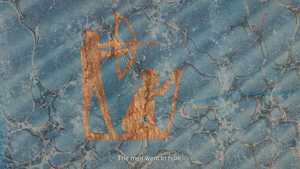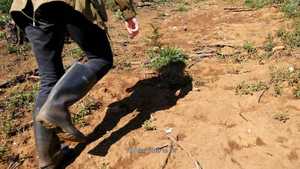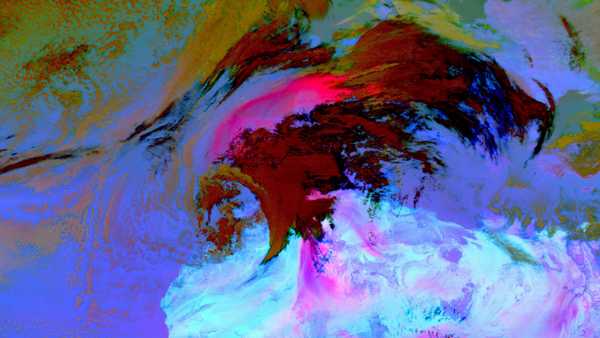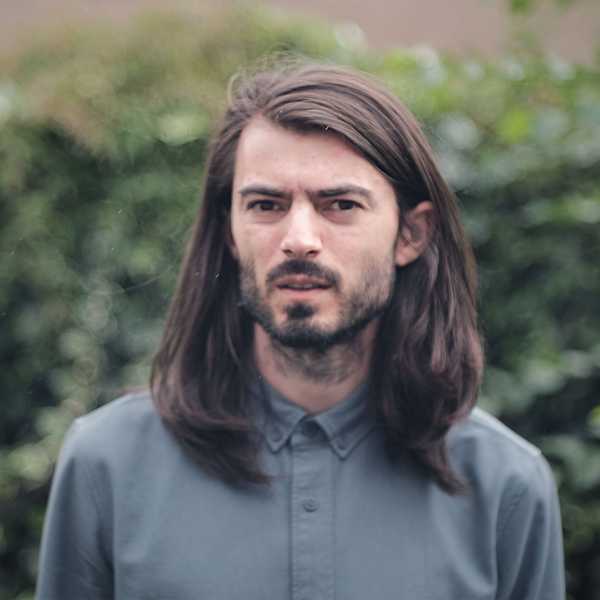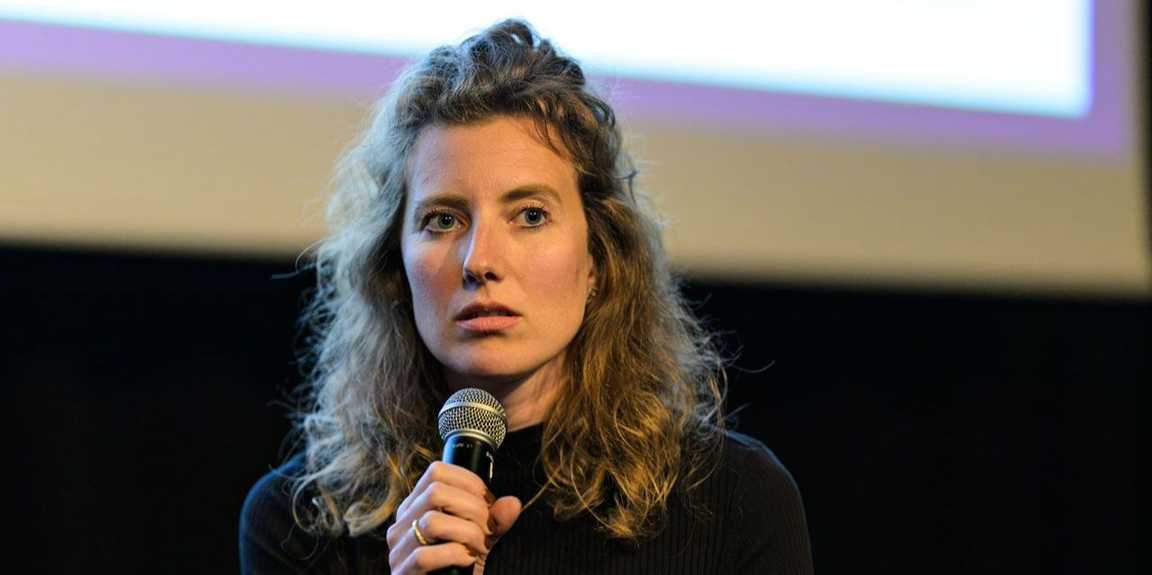
Artist in Focus: Judith Westerveld
Artist on LI-MA's radar
At LI-MA, artists are at the heart of everything we do. Therefore, each season, we put the spotlight on an artist and their body of work. This autumn, we dive into the works of Amsterdam-based visual artist Judith Westerveld.
During a time when narratives of the past are constantly reframed, Judith Westerveld's work, which LI-MA has been distributing since 2016, challenges the boundaries of history, memory, and language. This autumn, LI-MA proudly highlights her unique voice that raises profound questions of postcolonial legacies and archival practices. Her latest work, The Sending of the Crows, now available for distribution and presentation through LI-MA, exemplifies this ongoing exploration.
New in the LI-MA Collection: The Sending of the Crows (2024)
The Sending of the Crows retells a powerful Southern African |xam legend, originally told in 1874 by Dia!kwain in Cape Town. The story follows three crows sent by |xam women to find their husbands, only to discover they have been killed by Boer settlers. The film intertwines this tragic tale with a spoken word sound piece by South African artist Blaq Pearl (Janine Overmeyer), reflecting on a version of the story where the crow brings the men back to life. Through animation and evocative soundscapes, the film brings these narratives into the present, highlighting the impact of Dutch colonialism and the resilience of the |xam people.
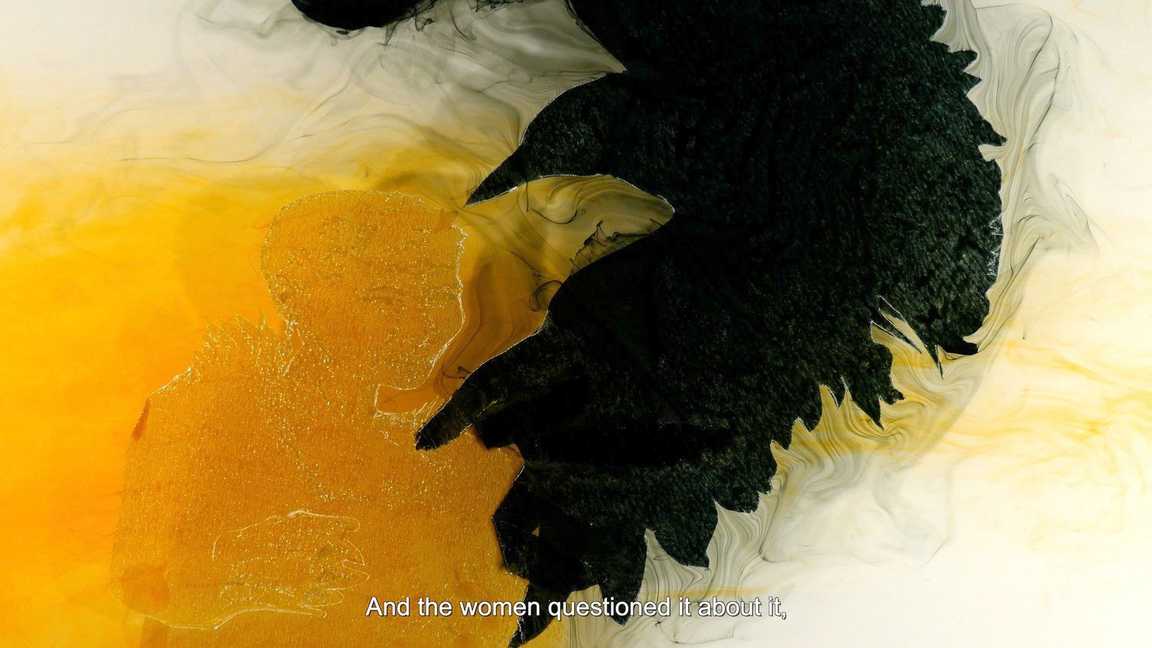
Highlighted Work: A Few Common Phrases (2018)
Her 2018 work, A Few Common Phrases, most recently screened in September 2024 during LI-MA Presents: Remembering Otherwise, curated by belit sağ, captures a poignant moment of personal and historical reflection. Recorded on the grounds of the home where Westerveld grew up in Magoebaskloof, South Africa, A Few Common Phrases depicts Westerveld's first practice session learning Khoekhoegowab, a Khoikhoi language.
Driven by the question, “What if the Dutch colonists had learned to speak San and Khoe languages instead of imposing their own?”, Westerveld embarked on a journey of language reclamation, bringing forward voices and cultures often silenced in historical accounts.
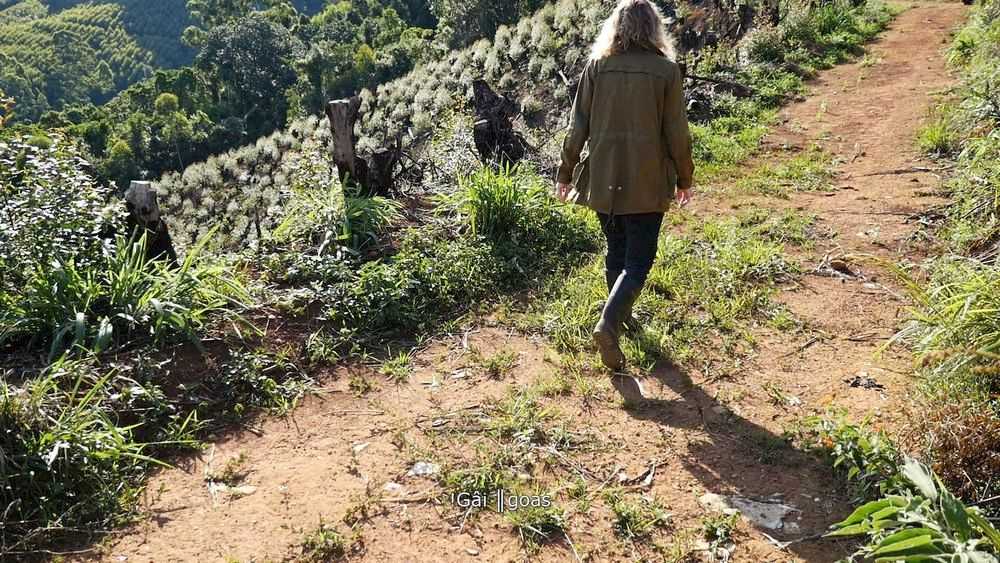
Screenings and Exhibitions
- 19 - 29 June 2025: Premiere of The Sending of the Crows (Encounters: South African International Documentary Festival, Johannesburg and Cape Town)
- 09/2024: Film screening and discussion of A Few Common Phrases: LI-MA Presents: Remembering Otherwise, LAB111, Amsterdam
- 04 - 05/2024: Solo exhibition "The Crow Messengers" and installation of The Sending of the Crows, Lumen Travo gallery, Amsterdam
Other Judith Westerveld works in the LI-MA collection
LI-MA has been distributing Judith Westerveld's works since 2016. Click on the tiles below to view the works on mediakunst.net.
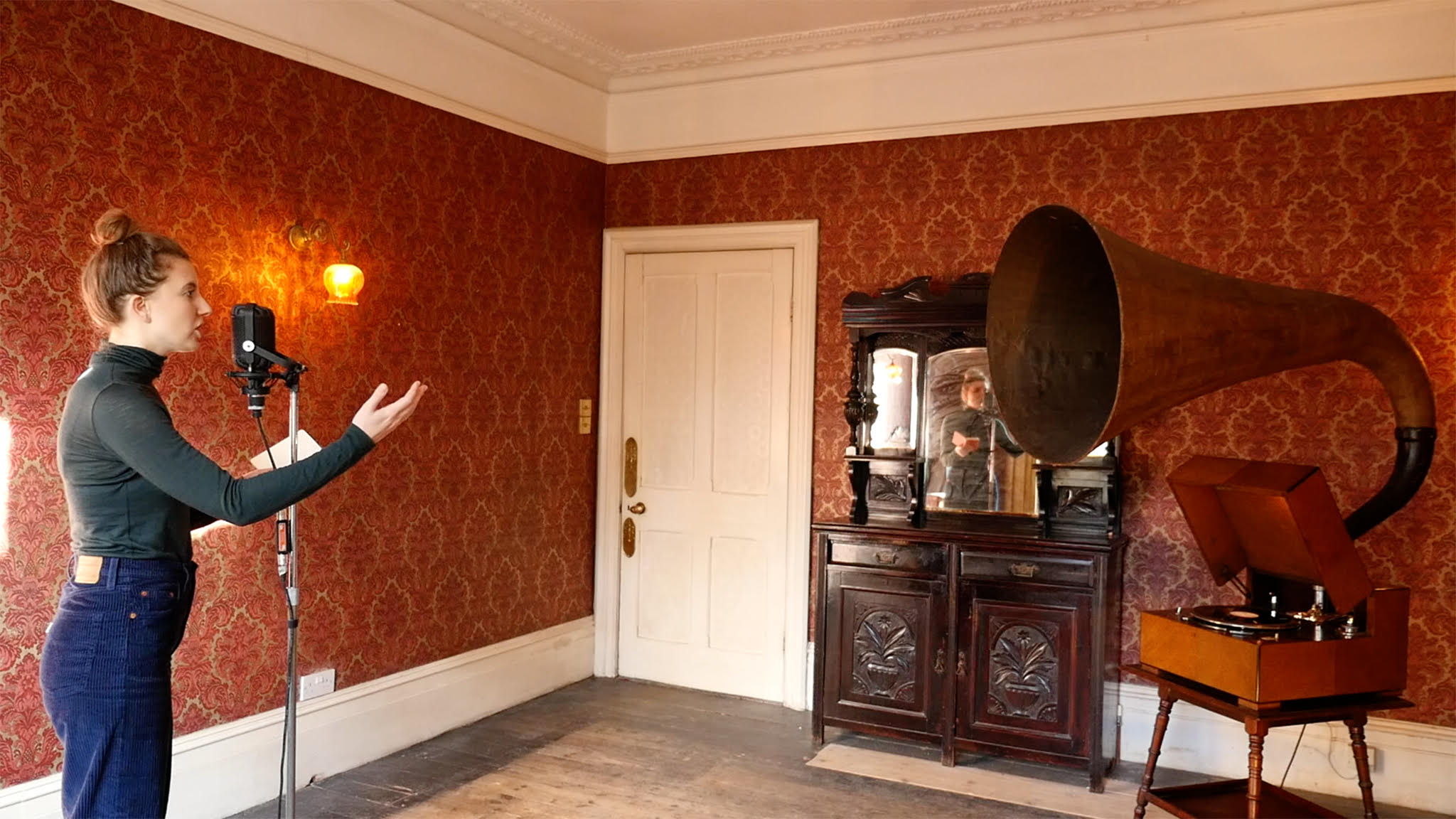
Message from Mukalap (2021, 14 min)
At the core of the film Message from Mukalap lies a unique sound recording that captures a spoken message from a man named Mukalap, recorded around 1936 in South Africa. Mukalap speaks in !ora, a Khoe language that is now no longer spoken. He calls on a European audience to listen to his beautiful language just for once, and to him. His message is not only an urgent appeal for recognition, he also asks the audience to respond and send a message in return. The film is a response to his request.
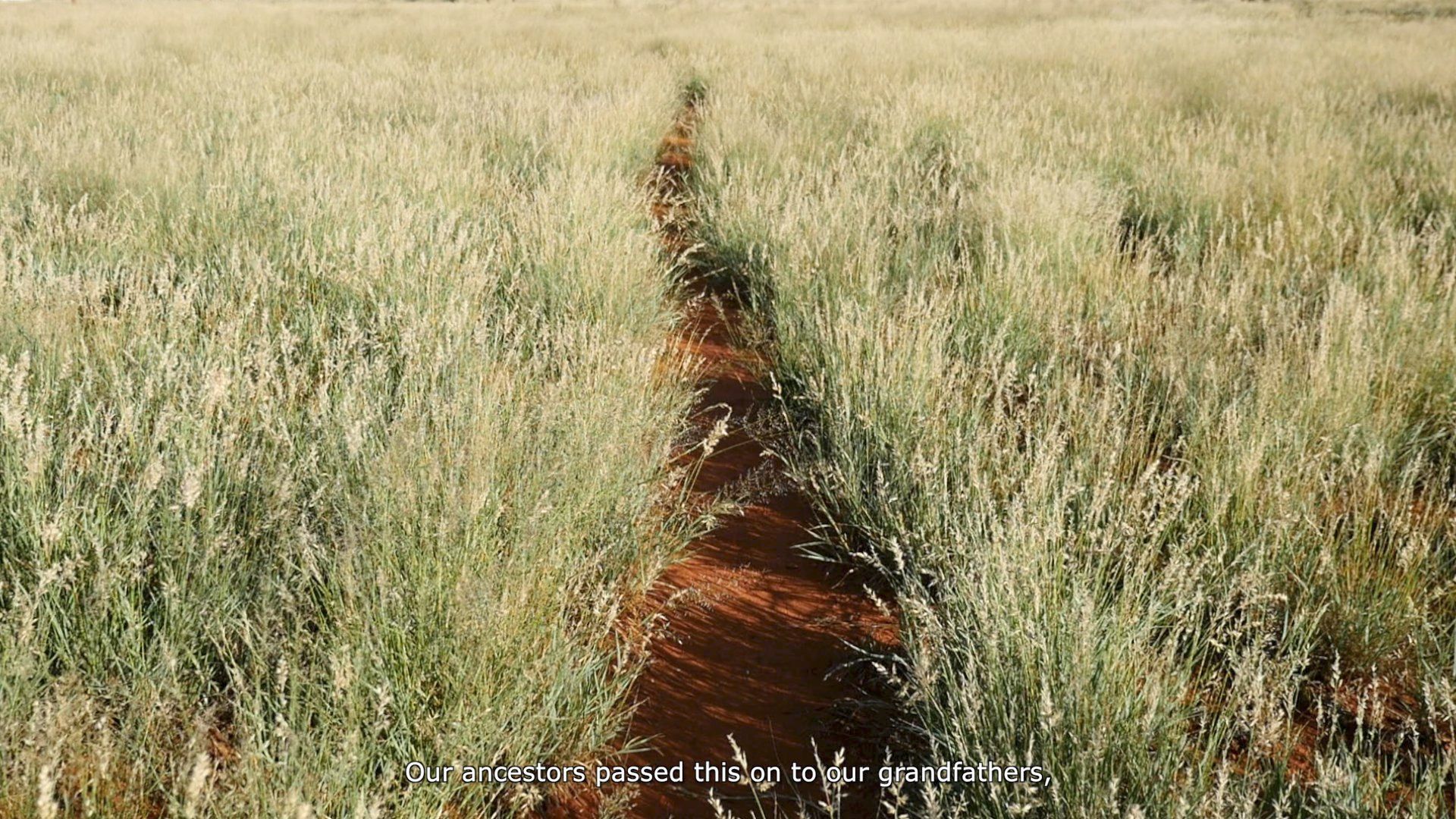
Kulimatji (2018, 37 min)
IIn this film, the life stories and storytelling traditions of !xun San master storyteller Kapilolo Mahongo and rapper/musician Baka Jashula, aka ‘Obrigado,’ are interwoven. The !xun word Kulimatji refers to the stories one carries, tells, and passes on. While ancient San stories are still shared by elders, they coexist with contemporary forms like music and rap by younger !xun generations in Platfontein, South Africa. With only a few thousand speakers and no official recognition, the !xun language is endangered. Westerveld’s film explores the connection between traditional and modern storytelling and the preservation of the language.
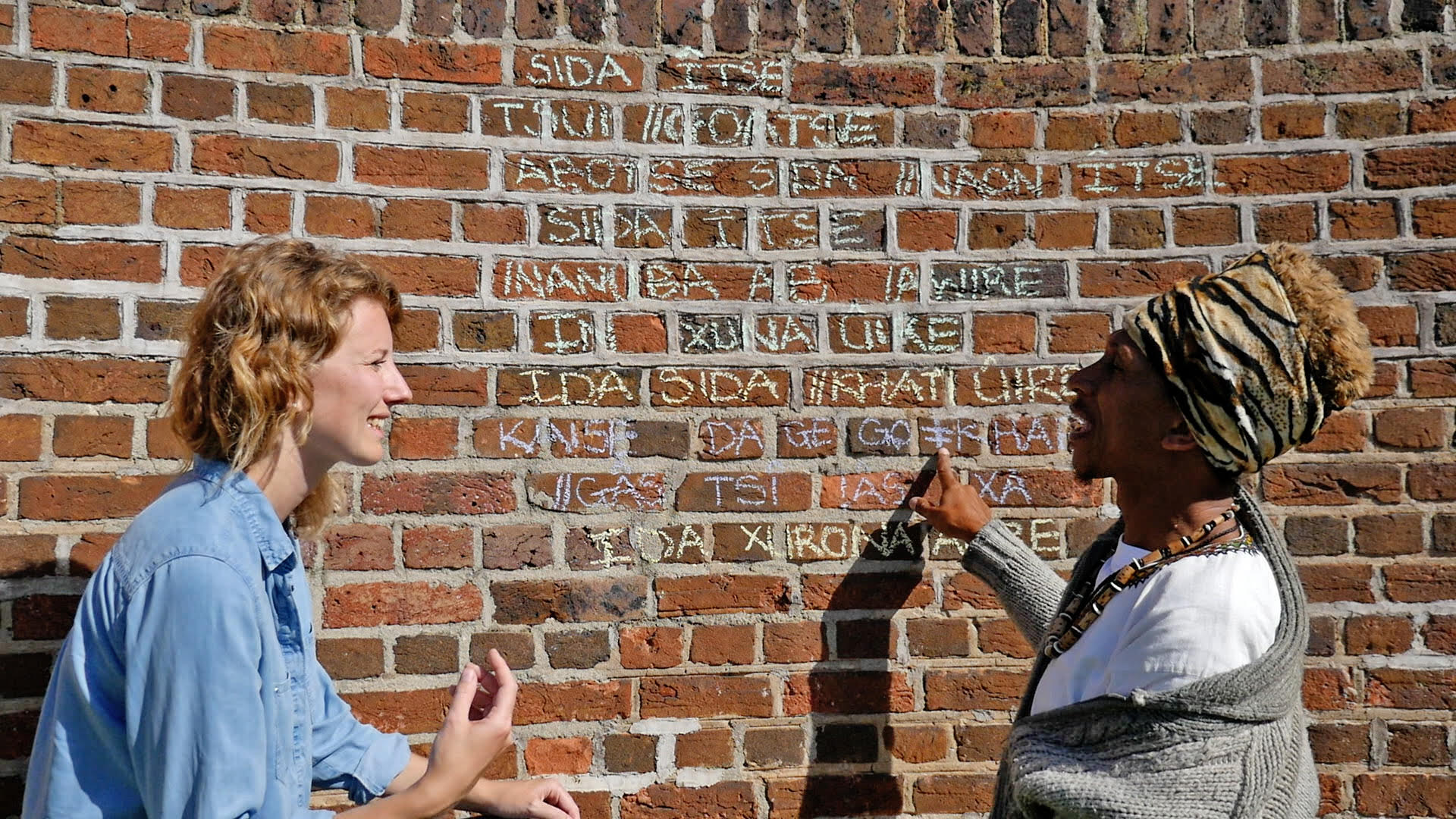
Sida Îtse (2018, 50 min)
Sida Îtse documents the teaching and learning of the Khoikhoi language Khoekhoegowab between heritage activist Bradley van Sitters and Judith Westerveld. Van Sitters, who leads the Khoikhoi Language Revitalisation Initiative in Cape Town, constructed lessons for Westerveld based on two Our Father prayers—one indigenous Khoikhoi, the other Christian. The process also involved attending Van Sitters' Khoekhoegowab classes at Stellenbosch University. Through their dialogue on the language's history and its speakers, the work seeks to reimagine present and future interactions while addressing their shared past.
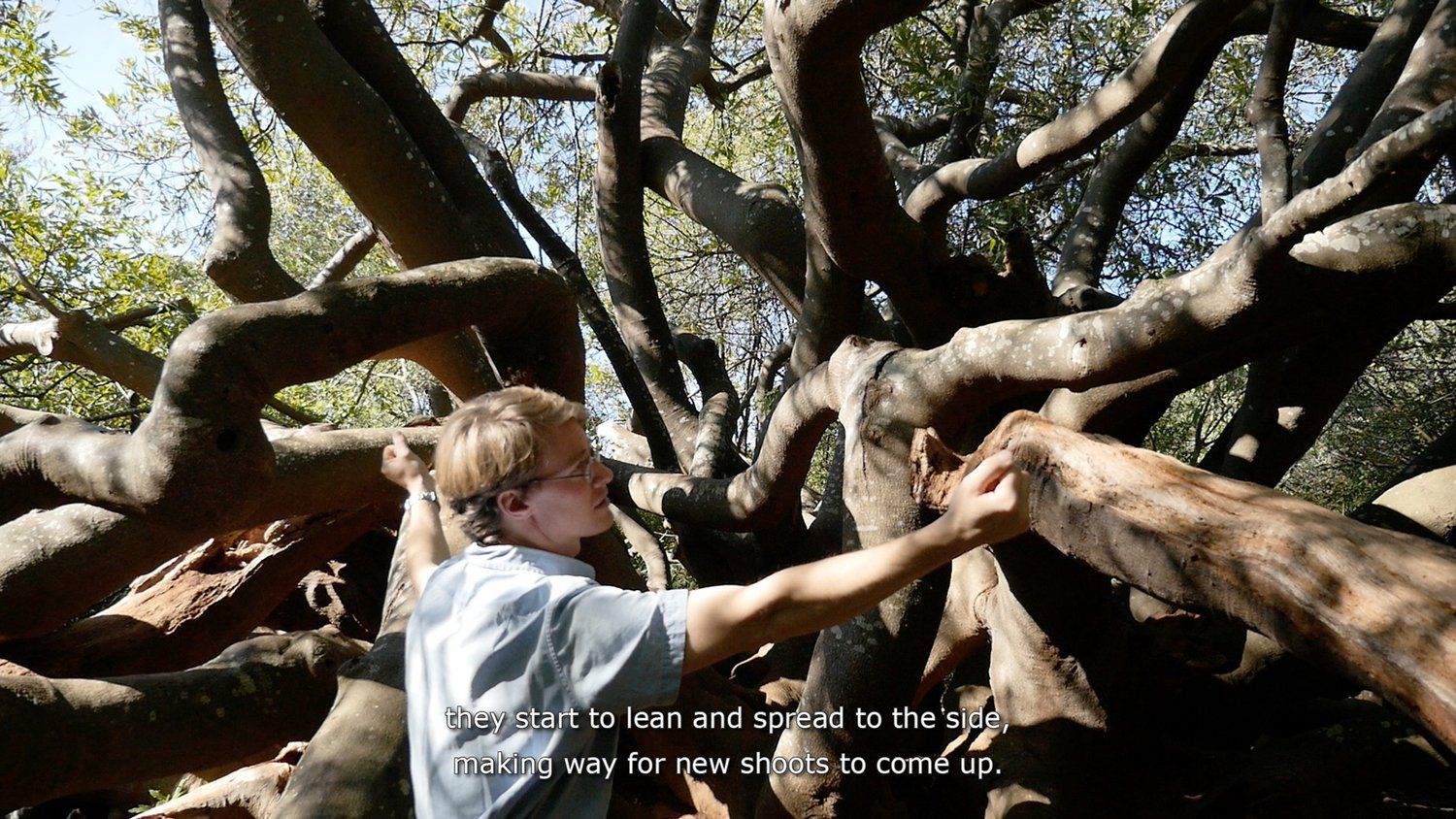
The Remnant (2016, 20 min)
The Remnant weaves together the stories of botanist Adam Harrower and tour guide Andrew Jacobs with excerpts from Van Riebeeck's diary, read by Judith Westerveld. Harrower explains the Wild Almond tree's growth and decay, bringing Van Riebeeck's Hedge to life, while Jacobs challenges the official narrative and reflects on apartheid's impact on his community. The film uses the hedge as a double metaphor: its growth symbolising segregation’s rise and its decay representing the resulting suffering. Through this interplay of voices and visuals, the film exposes the deep, lingering trauma in South Africa’s history and landscape.
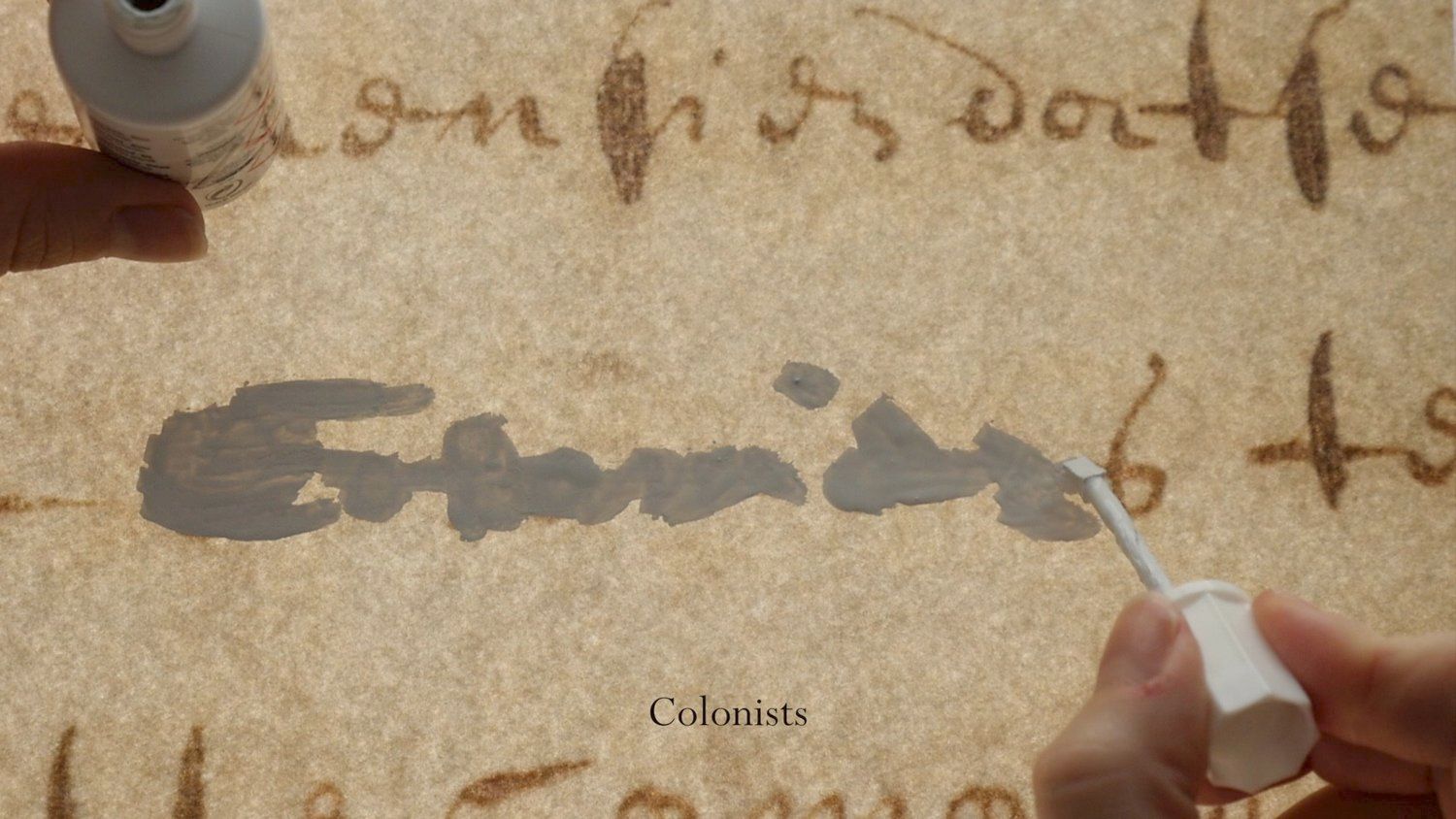
Writing back to history (2016, 7 min)
Writing back to history explores the colonial archive of the Netherlands and South Africa. The work centers on the 17th-century journal (Daghregister) of Jan van Riebeeck, the VOC commander at the Cape from 1652 to 1662. Through footage of the artist paging through this fragile document, the video installation investigates the colonizer's intentions and the resistance of the indigenous Khoikhoi and San people. Westerveld's physical interventions—rewriting, using correction fluid, and highlighting—reflect how this colonial past continues to shape the present, despite ongoing efforts to forget or erase it.
More about Judith Westerveld
Judith Westerveld's works are exhibited internationally, and her films are distributed by, and part of the collections of LI-MA Living Media Art in Amsterdam and ARGOS in Brussels. Westerveld’s practice is supported by the Amarte Fonds, Amsterdams Fonds voor de Kunst and Mondriaan Fund.
Her work has been screened at Rencontres Internationales (Paris and Berlin), IFFR (Rotterdam), BIEFF (Bucharest). It has also been part of exhibitions at Lumen Travo gallery (Amsterdam), Museum Arnhem (Arnhem), Nieuw Dakota (Amsterdam), Institute for Creative Arts (Cape Town), Framer Framed (Amsterdam), and more.
Her thought-provoking video art, part of LI-MA’s collection, is available for loan. For inquiries, or to explore how her works and others can be accessed, please contact Theus or reach out to us at distribution@li-ma.nl. Explore her thought provoking video art and more through LI-MA’s collection and learn more about how archives shape our collective memory.
Header image: video still from A few common phrases by Judith Westerveld | Thumbnail image: Judith Westerveld, credit: Pieter Kers | beeld.nu


